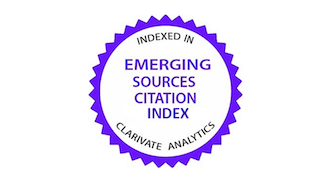The contribution of dispersed trees in pastures for biomass reserve and climate change mitigation.
DOI:
https://doi.org/10.15517/am.v24i1.9637Keywords:
greenhouse gases, carbon stocks, ecosystems services, agroforestry systems, silvopastoral systems.Abstract
This study aimed to explore the contribution of trees in pastures to climate change mitigation by estimating tree biomass stocks (carbon) in Costa Rica and Nicaragua. Between 2002 and 2003, 17,783 trees were inventoried in pastures of 59 farms located in areas representing three life zones: tropical dry forest, tropical wet forest and transition from tropical dry to tropical wet forest. The average value of biomass stocks of trees in pastures was 10.7 ± 1.1 Mg/ha with a minimum value of 5.3 ± 1 Mg/ha in Rivas and a maximum of 13.5 ± 3.5 Mg/ha in Matiguás. There is a relationship between above ground biomass in the pastureland, tree density and basal area, which allows the development of simple equations. The design of policies that encourage the conservation and management of trees in pastures will be a key aspect to be incorporated into national climate change strategies.
Downloads
Downloads
How to Cite
Issue
Section
License
1. Proposed policy for open access journals
Authors who publish in this journal accept the following conditions:
a. Authors retain the copyright and assign to the journal the right to the first publication, with the work registered under the attribution, non-commercial and no-derivative license from Creative Commons, which allows third parties to use what has been published as long as they mention the authorship of the work and upon first publication in this journal, the work may not be used for commercial purposes and the publications may not be used to remix, transform or create another work.
b. Authors may enter into additional independent contractual arrangements for the non-exclusive distribution of the version of the article published in this journal (e.g., including it in an institutional repository or publishing it in a book) provided that they clearly indicate that the work was first published in this journal.
c. Authors are permitted and encouraged to publish their work on the Internet (e.g. on institutional or personal pages) before and during the review and publication process, as it may lead to productive exchanges and faster and wider dissemination of published work (see The Effect of Open Access).



























